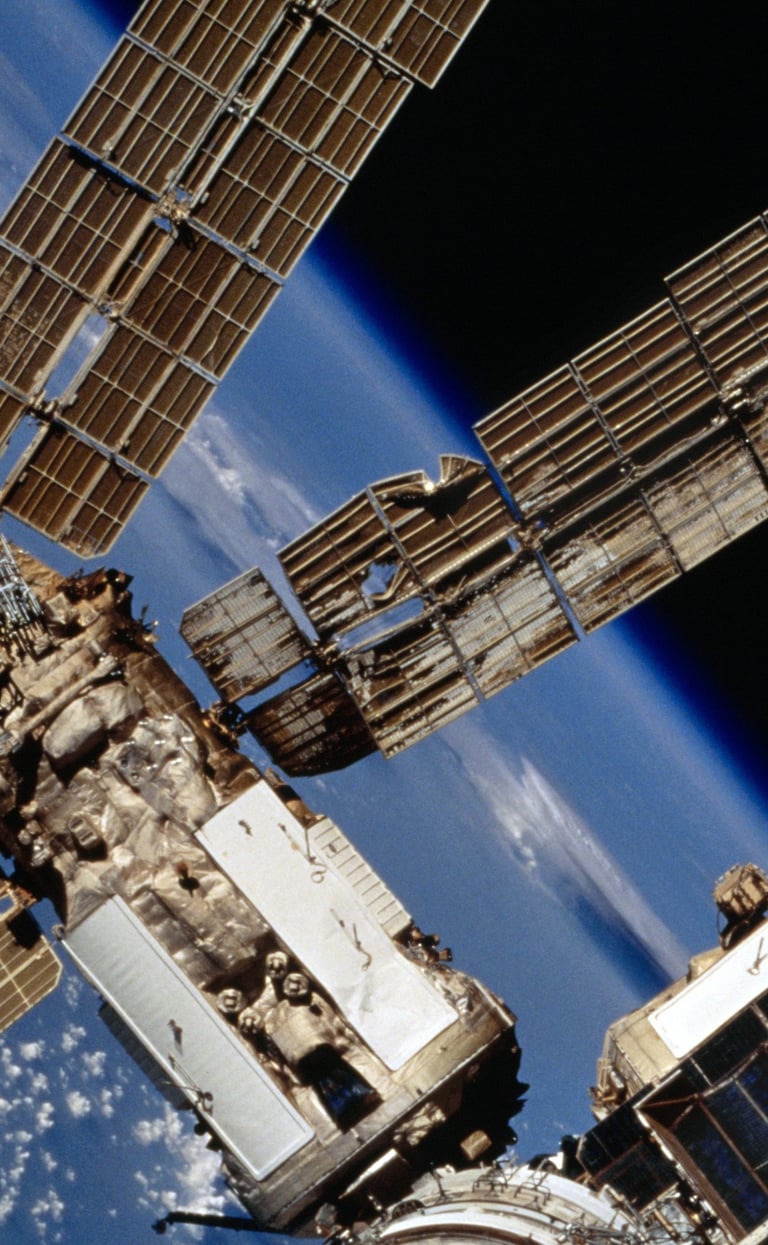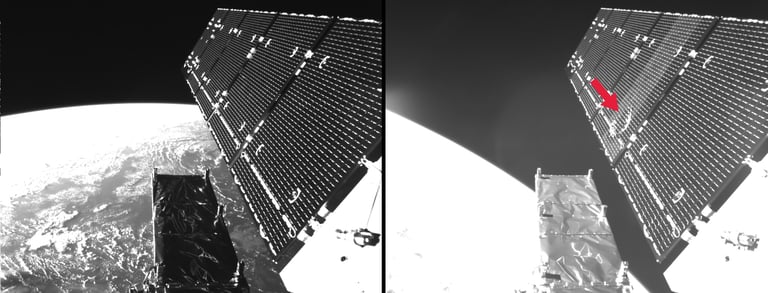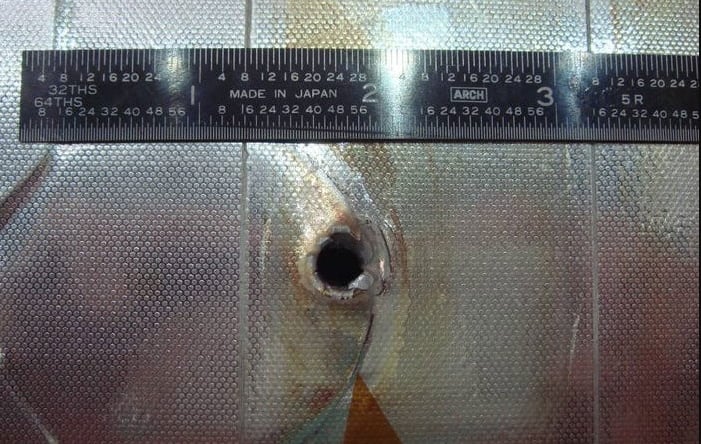Space Safety
Our space safety consultancy services focus on improving operational coordination with stakeholders, mitigate space debris, and ensuring compliance with relevant regulatory regimes.



What is Space Safety?
According to the International Association for the Advancement of Space Safety – IAASS, “Space Safety encompasses (A) the safety of the general public […], launch range personnel, and people on board the spacecraft, and (B) the safeguarding of valuable assets such as ground facilities […], space systems on orbit […] and the space, air and ground environment”.
SAFE HEAVENS focuses on safety of space systems by helping clients avoid debris and radiofrequency interference, coordinate space traffic, and improve risk management frameworks.
Why Space Safety Matters to Your Business
The number of active spacecraft and space debris in orbit is increasing (see the recent estimates from the European Space Agency), so ignoring space safety exposes missions to:
Downtime and service loss from in-orbit anomalies or radiofrequency interference;
Unplanned costs as resources are diverted from growth to crisis management;
Catastrophic failures, potentially ending missions early;
Debris-generating events that create long-term risks and reputational damage.
Investing in space safety is therefore a risk management and ROI strategy as it safeguards service uptime, optimal resource allocation, and operational lifetime.


Our Space Safety Services
Space Systems & Operations Safety
Space Situational Awareness (SSA) enhancement: understanding of space environment, space weather, space debris, and neighbourhood watch;
Conjunction Assessment (CA) and Collision Avoidance (COLA) Concept of Operations development;
Adjacent Satellite Interference (ASI) mitigation;
Rendezvous & Proximity Operations (RPO) planning and oversight: for inspection, relocation, inclination reduction, mission extension;
Decommissioning planning, including safe atmospheric re-entry.
Stakeholder & Traffic Coordination
Space Traffic Coordination (STC) review: challenges, platforms, and services;
Operational coordination with regulators, operators, and service providers.
Regulatory Compliance & Advisory
Licensing application support;
Compliance with national safety regulations;
Advisory on industry best practices alignment.






Image credit: ESA
Image credit: NASA
Image credit: NASA
Clients of SAFE HEAVENS’ Space Safety services can expect:
Fewer mission interruptions through proactive risk management, process improvement, and personnel upskilling;
Higher service availability, directly supporting SLA performance;
Improved resource efficiency, minimizing costly firefighting.


Business Outcomes for Clients
Contact us to discuss your needs and how we can help you improve processes, minimize in-orbit anomalies, and enhance regulatory compliance!
Frequently Asked Questions
What do space safety services cover?
Our services are tailored to the customer's needs and wants, but usually these cover an audit of the clients processes & procedure, assessment of risks, and recommendations on process improvement & risk mitigation.
Can SAFE HEAVENS services reduce the risk of collision with space debris?
The probability of collision always depends on the quality of the available data (e.g. observations, ephemerides), the geometry of the encounter, and the performances of the relevant service provider. SAFE HEAVENS can develop a conjunction assessment and collision avoidance ConOps which may include, among other things, operational services procurement, procedures writing, and setting up of evasive actions triggers and targets.
Why should operators coordinate space traffic?
Lack of operational coordination exposes the satellite to unnecessary risks, including radiofrequency interference, close approach with another active satellite, and non-compliance with relevant regulatory regimes.
Why should corporations invest in space safety?
Because downtime, anomalies, and regulatory failures directly impact revenues, reputation, and asset value.


CONTACT US
SAFE HEAVENS is the trading name of Safe Heavens Space Limited, Company number 16678401.
© 2025. All rights reserved.